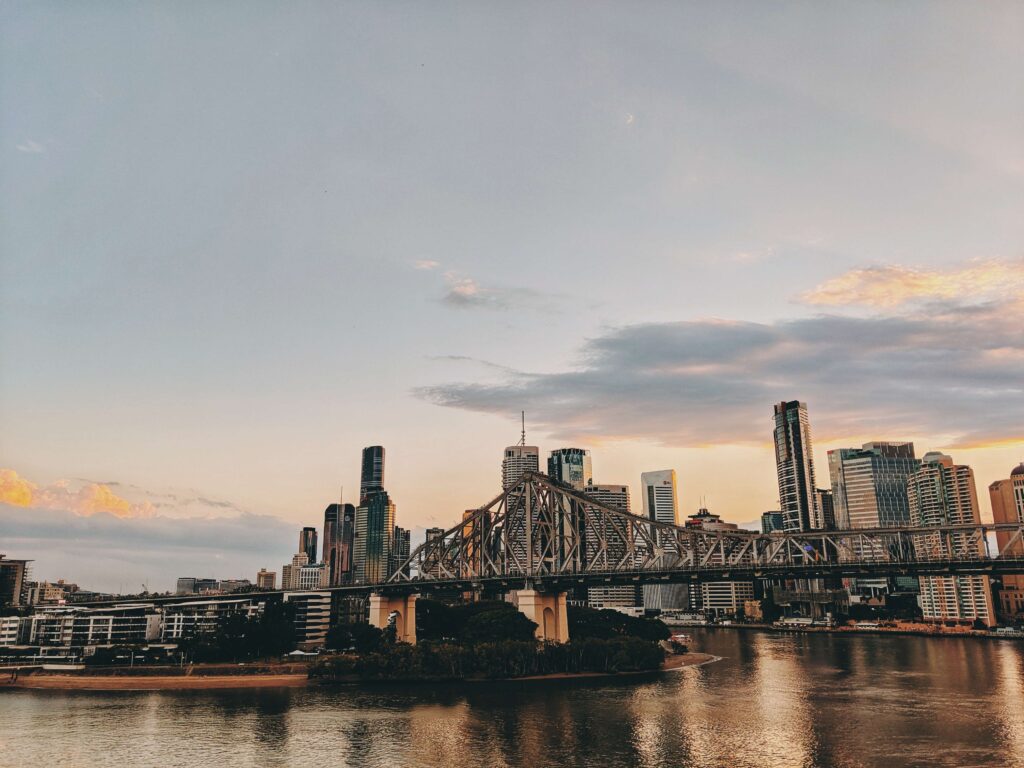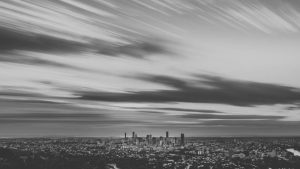The History of Brisbane, Australia

The Battle of Brisbane is one of the most famous wartime events in Australia, and the history of the city is rich and colorful. During the Second World War, a huge fire destroyed many parts of the city, including the CBD, and the city remained a major trading centre. However, the population grew and the city eventually became a permanent settlement. It is also home to the Lord Howe Island, a subtropical island located 550km off the coast of New South Wales.
While many protesters took to the streets to demand change, these protests were violently suppressed. During the War of Southern Queensland, indigenous people terrorised residents, and were subject to robberies and frenzied beatings. As a response, British soldiers held two revenge raids in Victoria Park. During these events, the police wrongly targeted the Turrbal clan, which was not responsible for the attacks on the city. The Queensland Police Commissioner, Dundalli, was jailed for his involvement in the violence.
In the 19th century, the official population of Brisbane was just 45 males and two females. The name Moreton Bay was used until 1859, when it was changed to its current name, Brisbane. Chief Justice Francis Forbes gave the town the name Edenglassie, a portmanteau of Glasgow and Edinburgh. However, this name didn’t catch on with residents, and the city was given its current title after Governor Thomas Sydney.
In the late 1840s, there was a series of violent clashes between indigenous groups and the British. This conflict sparked a massive outbreak of sex discrimination among indigenous groups. During the war, the locals of Brisbane were robbed, and a group of men attacked unarmed residents. In response, the British soldiers executed four members of the Turrbal clan in the Victoria Park area, resulting in the abolition of the ruling Turrbal family. The conflict also caused the infamous Fitzgerald Inquiry, which was presided over by Australian-born Prime Minister, Tony Fitzgerald.
In addition to being a culturally diverse city, Brisbane was also a military hub. Its population was highly multicultural and varied, with many languages and ethnicities. The era of the “venetian gladiator” is over, and the current pack is made up of mostly young and inexperienced players. The war lasted for six years and was plagued by censorship. While the city had many good points during the war, the second was a disaster.
In addition to its history, Brisbane’s climate is very diverse. There is a large amount of weather variation, but temperatures are generally warmer in Brisbane than in many other Australian cities. In fact, the capital has much more seasonality than other cities in the country. Summers are long and hot, with average maximum temperatures ranging from 27 degC (79 degF) to seventy-three degrees in winter.
The city has a multicultural population, with 32.2% of its residents born overseas. A further 50% of its population was born in Australia. Its largest immigrant group is from England, while its smallest minority group is from the Philippines. There are Spanish-speaking communities in Brisbane and the Japanese community is dominated by immigrants. The first generation of the immigrants was from the South. In addition, the city has several Asian and European countries.
The city’s cosmopolitan population is largely derived from overseas citizens. Its population is the sixth most diverse among metropolitan areas in the world, with many people coming from England, New Zealand, and Mainland China. In addition to these diverse communities, the city has a large Spanish-speaking community. Its cosmopolitan community is the third largest in the state of Queensland.
As with most Australian cities, the temperature in Brisbane is highly variable. The maximum temperature ranges from twenty-five to thirty-three degrees Celsius (80-91 degrees F). Most days are sunny, but the winters are cool and wet. The city is also home to many endemic species, such as the kangaroo and koala. This means that the climate is similar in Brisbane and the city is not particularly cold.



